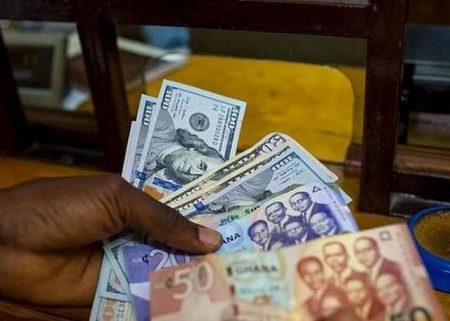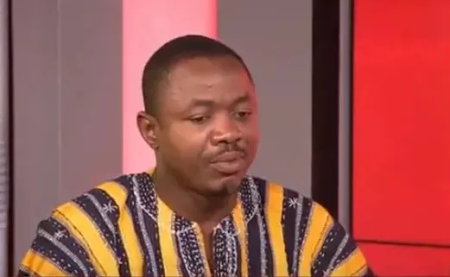The controversy surrounding Sammy Gyamfi, Acting Chief Executive Officer of the Ghana Gold Board, and his gifting of dollar notes to self-proclaimed evangelist Agradaa ignites a crucial debate on the intersection of public perception, personal wealth, and the presumption of innocence. While some criticize Gyamfi’s actions, citing potential impropriety and demanding his suspension, others maintain that his personal affluence justifies his possession and distribution of such funds. This complex situation necessitates a nuanced examination of the arguments presented by both sides.
Senyo Hosi, a respected finance and economic policy analyst, argues that there is nothing inherently wrong with Gyamfi’s actions. He emphasizes that gifting money is a commonplace occurrence and that possessing dollars is not illegal. Hosi underscores Gyamfi’s established wealth, acquired through his previous work as a senior executive in a prominent mining company, even before his current political appointment. He contends that Gyamfi’s prior affluence makes it plausible for him to possess a substantial amount of US dollars. Hosi criticizes those who readily assume the money was ill-gotten, urging them to consider Gyamfi’s background and financial history before making accusations of graft. He cautions against jumping to conclusions based on limited information, advocating for a more prudent and investigatory approach.
Those critical of Gyamfi’s actions raise concerns about the optics of a public official openly displaying and distributing large sums of foreign currency. Their argument centers on the potential for such actions to erode public trust, especially in a context where corruption perceptions are already high. Critics question the wisdom of such a public display of wealth, regardless of its source, arguing that it can create an impression of impropriety and raise doubts about the official’s commitment to ethical conduct. The timing of the incident, coinciding with Gyamfi’s role as a public official, fuels these concerns, as it exposes him to accusations of potential misuse of public funds or undue influence.
The debate surrounding Gyamfi’s actions also highlights the challenges of balancing personal freedom with public accountability. While individuals have the right to manage their personal finances and make private decisions about their spending, public officials are often held to a higher standard of conduct due to their positions of trust. Their actions are subject to greater scrutiny, and they are expected to maintain a level of transparency and accountability that fosters public confidence. The question becomes whether Gyamfi’s actions, although potentially within his legal rights, were consistent with the ethical expectations placed upon a public official.
Furthermore, the incident underscores the importance of clear guidelines and regulations regarding the financial conduct of public officials. While possessing foreign currency may not be illegal, the lack of transparency surrounding the source and purpose of such funds can create suspicion and fuel speculation. Establishing clear protocols for disclosure and accountability can help mitigate such controversies and enhance public trust. This includes requirements for public officials to declare their assets and liabilities, as well as any significant financial transactions. Such measures can help prevent potential conflicts of interest and promote transparency in public service.
Ultimately, the case of Sammy Gyamfi raises complex questions about the responsibilities and ethical obligations of public officials. While personal wealth is not inherently problematic, the public display of such wealth, particularly in the form of large sums of foreign currency, can raise legitimate concerns about transparency and accountability. It is imperative for public officials to be mindful of the potential impact of their actions on public perception and to strive for a level of conduct that upholds the highest standards of integrity. This includes being transparent about their financial affairs and avoiding any actions that could create even the appearance of impropriety. The ongoing debate serves as a reminder of the ongoing need for vigilance in maintaining the integrity of public office and ensuring public trust in those who hold positions of power.














